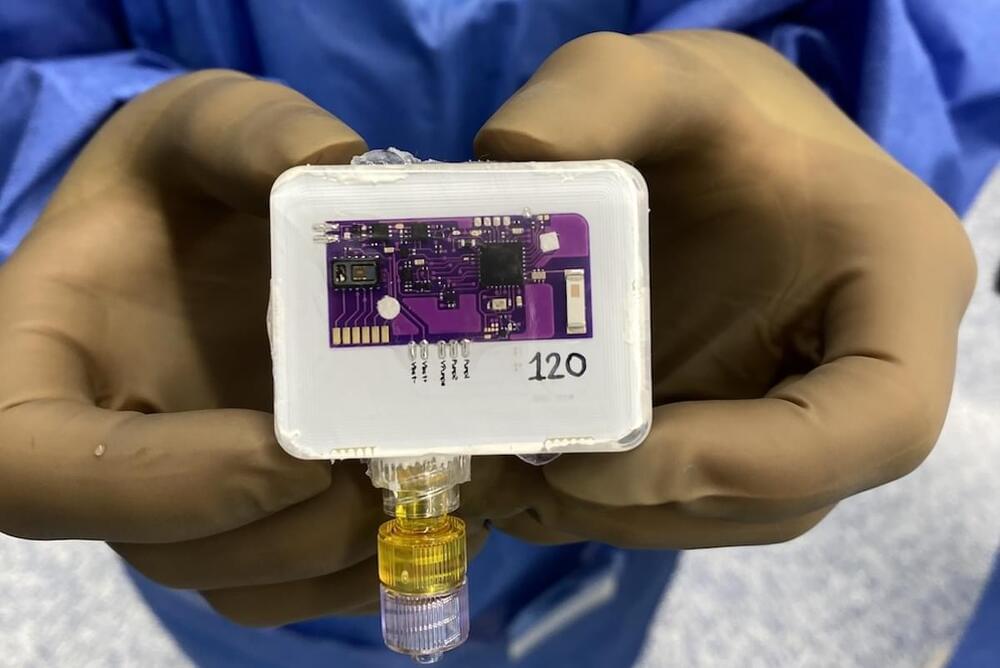Imagine a number made up of a vast string of ones: 1111111…111. Specifically, 136,279,841 ones in a row. If we stacked up that many sheets of paper, the resulting tower would stretch into the stratosphere.
If we write this number in a computer in binary form (using only ones and zeroes), it would fill up only about 16 megabytes, no more than a short video clip.
Converting to the more familiar way of writing numbers in decimal, this number – it starts out 8,816,943,275… and ends …076,706,219,486,871,551 – would have more than 41 million digits. It would fill 20,000 pages in a book.








